What data recovery tools to buy if you want to start a data recovery business?
Free video data recovery training on how to recover lost data from different hard drives?
Where to buy head and platter replacement tools at good prices?
Data recover case studies step by step guide
I want to attend professional data recovery training courses
The SATA-IO working group has recently announced a new standard called mini-SATA or mSATA in an effort to standardize the entire process. With this new connector in place, SSDs should take up far less space. If the image is anything to go by, the new mSATA connectors will slim down the connecting bay by almost 50%.
Toshiba America Electronic Components, Inc. (TAEC), a U.S. marketing arm of Toshiba Corporation (TOKYO: 6502) for electronic components, announced on September 21 a series of solid state drive (SSD) modules using the latest generation Toshiba 32nm MLC NAND flash, at Intel Developers Forum 2009. The Toshiba SG2 modules are offered in two types, one based on the new low-profile mini-SATA (mSATA) interface standard and the other a Half-Slim type, which uses a SATA connector. The drives are available in 30GB(1) and 62GB modules.
By releasing 32nm SSDs in 32 and 64GB capacities, Toshiba has become the first company to adopt this new connector standard but computer manufacturers will take much more time than that to bring out machines and mainboards that have mSATA connectors.
These 32nm and half slim drives from Toshiba have newer NAND Flash drive types that give manufacturers greater control over the design of the end device. With this new connector standard in place, devices like netbooks should be able to save a lot of valuable space and make the devices more compact than ever before.
The two types of modules, each smaller than a business card, provide greater design flexibility and save space and cost compared to SSDs with hard disk drive form factors and cases. The 62GB module is only one seventh the volume and one eighth the weight of a 2.5-inch form factor SSD, and consumes half the power. With interface speeds up to 3 gigabits per second (Gb/s)(2), a maximum sequential read speed of 180 megabytes per second (MBps)(3,4) and a maximum sequential write speed of 70MBps,(3,4) the modules will help bring the performance advantages of SSDs to notebooks, portable electronics and embedded systems. An advanced controller features a translation mode, which enables any drive configuration, and the drive supports 28-bit LBA (Logical Block Address) mode commands and 48-bit LBA mode commands. Multi-word DMA, Ultra-DMA modes and Advanced PIO commands are supported. The drives have an optional capability for secure Full Disk Encryption (FDE) backup that prevents unauthorized data access.
For more information regarding Toshiba’s SSDs, visit: www.ssdfacts.toshiba.com
Data recovery Salon welcomes your comments and share with us your ideas, suggestions and experience. Data recovery salon is dedicated in sharing the most useful data recovery information with our users and only if you are good at data recovery or related knowledge, please kindly drop us an email and we will publish your article here. We need to make data recovery Salon to be the most professional and free data recovery E-book online.

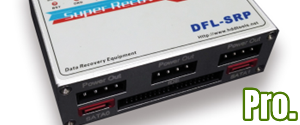
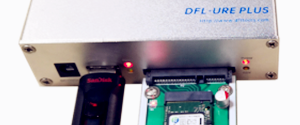
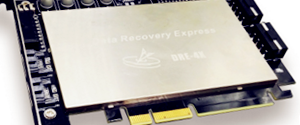

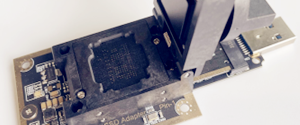
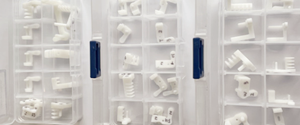
Comments are closed
Sorry, but you cannot leave a comment for this post.